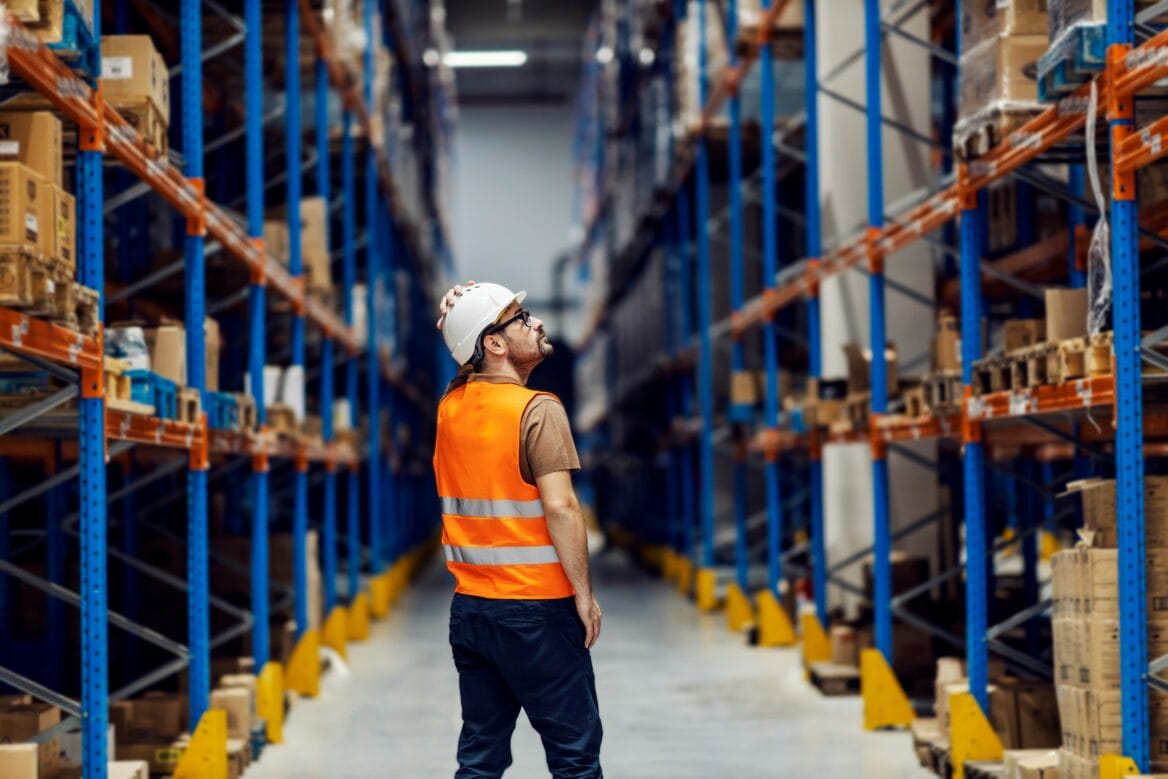In an era where logistics operations are more dynamic than ever, businesses must stay agile to keep pace with shifting market demands, evolving customer preferences, potential tariff fluctuations, and the rapid advancement of technology. Companies that fail to adapt risk inefficiencies, increased costs, and missed opportunities, making scalable IT solutions a necessity rather than a luxury. Companies that leverage advanced digital technologies can reduce logistics costs by up to 30% while improving overall operational performance.
The Challenges of Modern Logistics
The logistics sector is facing unprecedented challenges, including:
- Supply Chain Disruptions: The COVID-19 pandemic and geopolitical tensions highlighted the fragility of global supply chains, making resilience a key priority.
- Tariff Uncertainty: With the looming tariffs on imports into the US, businesses face additional cost pressures and must be prepared to quickly adapt to changing trade policies to maintain competitiveness.
- Rising Customer Expectations: Customers demand faster, more transparent, and cost-effective delivery solutions, putting pressure on logistics providers.
- Regulatory Changes: Increasing environmental regulations and compliance requirements necessitate efficient data management and reporting capabilities.
- Data Overload: With the rise of IoT and connected devices, logistics companies must process and analyze vast amounts of data in real-time.
Given these challenges, traditional IT systems can no longer support the needs of modern logistics operations. Companies must shift toward scalable IT solutions that offer flexibility, automation, and real-time insights.
The Role of Scalable IT Solutions in Logistics
Scalable IT solutions allow logistics businesses to grow and adapt without overhauling their entire infrastructure. By leveraging cloud computing, artificial intelligence (AI), and automation, logistics providers can achieve:
1. Enhanced Supply Chain Visibility
Real-time tracking and data analytics are essential for efficient supply chain management. Companies using AI-driven logistics platforms see a 20% improvement in shipment visibility and a 15% reduction in delays. Scalable IT solutions enable:
- GPS tracking and geofencing to monitor shipments
- Predictive analytics to anticipate delays
- Real-time inventory management to reduce stockouts and overstocking
- AI-powered demand forecasting to optimize procurement and warehouse stocking
- Smart contracts using blockchain to enhance transparency in transactions
2. Optimized Route Planning and Fleet Management
Fuel costs and delivery efficiency are critical factors in logistics. AI-powered route optimization software can analyze traffic patterns, weather conditions, and delivery schedules to suggest the most efficient routes. AI-driven route optimization can reduce fuel consumption by up to 10% while increasing delivery efficiency.
Furthermore, fleet management systems integrate telematics, predictive maintenance, and autonomous vehicle capabilities to reduce downtime and improve sustainability efforts.
3. Automation for Improved Efficiency
Automation minimizes human errors and accelerates logistics processes. Warehouse management systems (WMS) powered by AI and robotics streamline:
- Order processing and picking
- Barcode scanning and inventory tracking
- Automated sorting and dispatching
- Real-time collaboration between human workers and robotic assistants
Automated warehouses can improve order accuracy by 25% and reduce labor costs by 30%.
4. Cloud-Based Infrastructure for Flexibility
Cloud computing allows logistics companies to scale their IT resources based on demand. By 2026, 75% of logistics enterprises will adopt cloud-based platforms for end-to-end supply chain management. Key benefits include:
- Remote access to critical data and applications
- Seamless integration with third-party logistics providers (3PLs)
- Cost savings through pay-as-you-go pricing models
- Disaster recovery solutions for business continuity
- Scalable storage and computing power for handling seasonal demand fluctuations
5. Cybersecurity and Data Protection
With increasing cyber threats targeting supply chains, robust cybersecurity measures are essential. Scalable IT solutions offer:
- Multi-factor authentication and encryption
- AI-driven threat detection and response
- Compliance with data protection regulations such as GDPR and CCPA
- Advanced endpoint security for IoT devices
- Secure cloud-based access controls for remote teams
Logistics firms investing in AI-driven cybersecurity solutions can reduce data breach costs by 27%.
Together for the Success of Your Business
We specialize in empowering logistics companies with the tools and expertise needed to thrive in today’s fast-changing IT landscape. From creating tailored technology roadmaps to providing cutting-edge cybersecurity solutions, our services are designed to meet the unique needs of logistics providers. Whether you’re looking to optimize your IT investments, embrace sustainability, or navigate the complexities of supply chain management, we’re here to help you achieve your goals.It all starts with booking an IT discovery with our team. Let us show you how the right technology can transform your operations, enhance your decision-making, and position your company for success in 2025 and beyond. Together, we can turn technological trends into tangible success.

